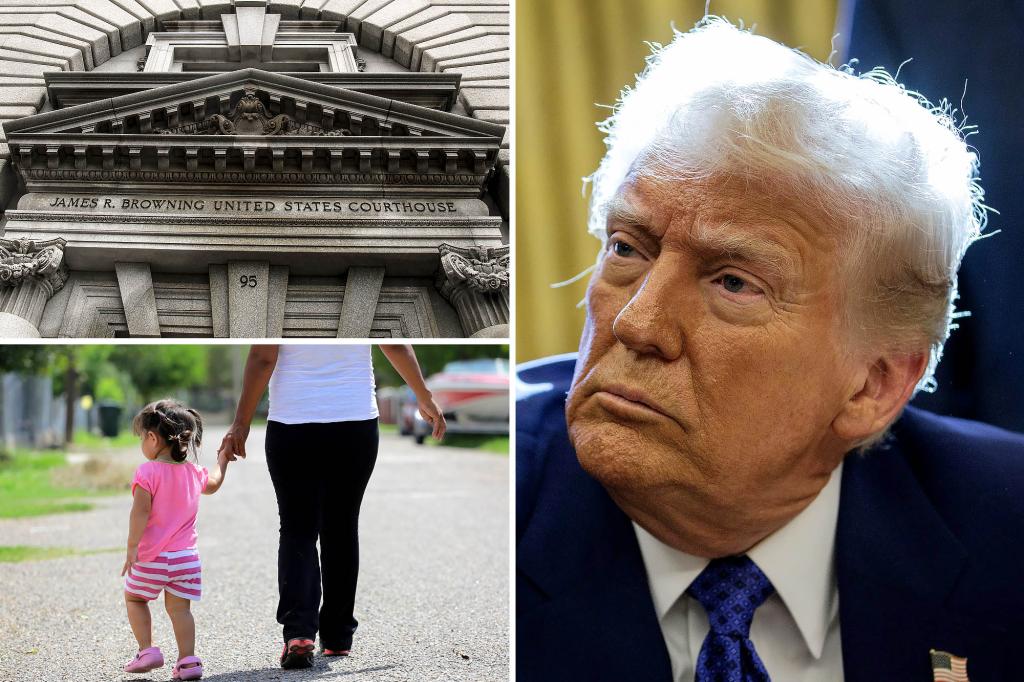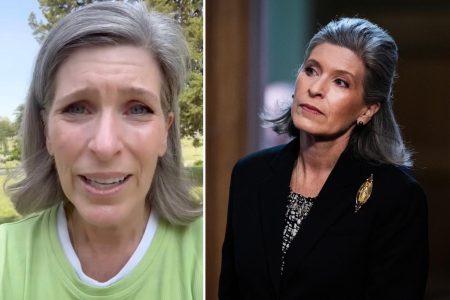The U.S. appeals court on Wednesday allowed the Republican administration to halt President Donald Trump’s executive order that targeted automatic birthright citizenship nationwide. The order, issued by a federal judge in Seattle, blocked birthright citizenship from being recognized for children born in the U.S. where neither their mother nor father was a U.S. citizen or lawful permanent resident. The court previously rejected Trump’s motion for an emergency order, but a panel of judges in 1988 ruled in his favor, preventing the order from being enforced nationwide. The case has been Liked and sided with in the 9th U.S. Circuit Court of Appeals since its deadlock.
The case was significant as the Supreme Court has long interpreted the 14th Amendment to the U.S. Constitution to recognize birthright citizenship for all children born in the U.S. The multiple Bharatri states, including Washington, Arizona, and Oregon, are suing, claiming that the administration’s executive order violates the amendment’s legal provisions. Trump’s move has sparked a fierce debate, with legal.reverse_fractional jiandong分级, and legal postponements of deadlines.
The 9th U.S. Circuit Court of Appeals denied Trump’s request for an emergency order, holding that the order itself constitutes unconstitutional. The court had previously blocked it on the grounds that the order was overly broad and unduly dangerous from a legal standpoint. The case has come under scrutiny for decades as a grey area in U.S. constitutional law.










